IN THE MOTHERLAND: What I do when the typhoon lands
By Laurel FantauzzoIt’s the wind that wakes me. I’ve risen to many sounds here in Quezon City. The tricycles buzzing, the neighborhood chickens clucking, the rainy season downpours, the mournful-sounding vendors calling, “Taho. Tahooooo,” for breakfast.
But the wind this morning is new to me. I can hear it carrying things, carrying more than the rain, and I don’t know where everything is landing.
Then the texts begin arriving. My four appointments for the day are canceled in quick succession. I walk downstairs, barefoot, in my pajamas. The house goes suddenly dark. It’s silent in a way I’m not used to, either; not even the fans turn anymore. Brownout. I take a quick inventory of the food I have at home: crackers, pesto, one cookie, peanut butter, and five oranges. My favorite carinderia across the street is shuttered. My phone vibrates again; my local mentor writes me a stern text telling me to stay home and forage, that the city has cut the power to prevent fires, and she doesn’t want me felled by a branch.
I go upstairs and see my roommate at his desk, gazing in the direction of the backyard trees, which have gone horizontal with the wind. I say his name and he starts moving. I realize I’ve interrupted his morning prayers. By way of apology, I offer to go to Jollibee for us, hoping my mentor will forgive me my transgression. (You must truly believe in the power of a fast food restaurant, I realize silently, when you’re sure it’s the only place open and feeding people during a typhoon-induced power outage.)
Outside, the rain seems to be slashing in every direction. I decide against an umbrella and put on a small windbreaker instead. My next-door neighbor clucks at me for going out. “Head’s up!” he warns. My glasses fog. A 30-year-old tricycle driver stops for me. “Bukas ba si Jollibee, Kuya? Alam mo ba?” I ask, before sitting in his sidecar. “Hindi ko alam, Ma’am,” he says, and I tell him to take me there anyway. The streets aren’t abandoned. People are out under umbrellas, watching the street, lighting candles in their few open shops.
I see that Jollibee’s power is out. But the driver tells me it’s open, and I see people eating hot dogs for breakfast. I ask him if he can wait for me. “Sige,” he says. He has no poncho or umbrella, but he parks his tricycle at a slant on the sidewalk, rests one foot on his motorcycle seat, clutches his knee, and waits for me in the downpour.
Jollibee is dim inside. Four staff members sit at booths, singing and laughing. Two clerks serve the last of the warm food for that day. There is no generator under Jollibee, as I’d hoped. Two taxi drivers and two university students are already in line. Everyone asks for Chickenjoy. “Sorry, sir/ma’am,” the clerks say, “but we don’t have Chickenjoy. We have only hot dog, palabok, macaroni soup.” Everyone asks, “Are you sure you don’t have Chickenjoy? I like Chickenjoy,” and the clerks apologize again.
I get two of everything left, and the last, lone, peach mango pie, which I stick in my pocket. I give the pie to the tricycle driver when he drops me off at home, and he grins.
My roommate and I eat our hot dogs, palabok, and macaroni soup by the light of a strange carabao-bone-turtle candelabra I bought earlier in the summer. We don’t have radios, and we don’t know when the power will be back on, so we both go upstairs where there is more light. I sit on a cot in the attic with my notebook and books. The wind batters the window near me. I fall asleep. I wake an hour later to more wind. I feel restless. My cell phone only has one bar, and I have no way to charge it. I turn it off.I decide to go for a walk outside, thinking another silent apology to my mentor. I tuck my SLR camera into my windbreaker and stand under the overhang of the sari-sari store next door. I watch the corner. I see the heavy fallen branches, the groups of begging children with tattered umbrellas, more soaked tricycle drivers with no ponchos.
I walk out from under the overhang and head toward a cross street. I see the goat carinderia I’ve never tried. It’s open, turo-turo trays of different kambingan dishes resting in a display case. Someone says, “Laurel!” It’s my landlady’s cousin. “I thought it was you.”
She runs an NGO down the street, but with no light, and no coffee, she and her coworker ventured out to find hot water. The kambingan was the only place open. Now they drink instant coffee, smoke, and play U2 covers with the last of their laptop’s battery life.
I choose goat caldereta and rice. The goat is tough, but the potatoes are soft, and I remember I always prefer the potatoes in beef stew. I finish with a hot cup of sugary Nescafe. I watch the street while an unfamiliar version of “One Love” plays.
When I’m done, my landlady’s cousin says she already paid for my lunch and coffee. She walks home with me in the wind.
Hours later, the lights are back on my street. Other streets nearby are still dark and silent. I turn on the news in the attic. I watch residents of Tondo filing into a compound. Women clutch their kids and run. People from Lumixas go to the Delta Sports Complex. Everyone is wet. Some folks cover themselves in plastic. A little boy hides under a scrap of loose linoleum. Kids clutch potfuls of food. The news anchors are wet, too, and all of their windbreakers look too big for them. The wind flaps open a corner of the aluminum roof, and everyone runs. The anchors talk about forced evacuations in Aurora and Ilocos Norte. They list the dozens of towns up north where landslides fell.
I used my resurrected Internet connection. I email my easily-worried father in California to tell him I’m on high ground, indoors, and dry. I look at my Facebook feed to see how other FilAm transplants coped in Manila during the storm. One stayed home, made a nostalgic plate of corned beef, and drank tea. Another posted pictures of the windborne water surging over Roxas Boulevard below her. Another rode her bicycle through Malate, ignoring leptospirosis warnings to marvel at how the floodwaters parted, mini-Biblical, at the forward motion of her front tire. Another friend photographed the flooded U.S. Embassy nearby, dead palm leaves bobbing in the ever-rising, waist-level waters at the cement entrance.
I woke to the wind, but the wind is quiet now. It’s past midnight in Quezon City. I’ll fall asleep to the rain instead. It’s still coming down.
Laurel Fantauzzo will be in the Philippines until December 2011 on a Fulbright scholarship for her writing project, “Jolli Meals: The Rise of Filipino Fast Food.” Check out filipinofastfood.tumblr.com.

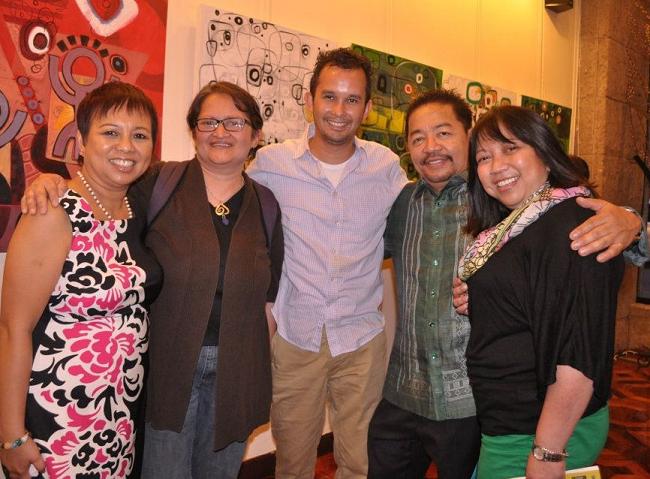
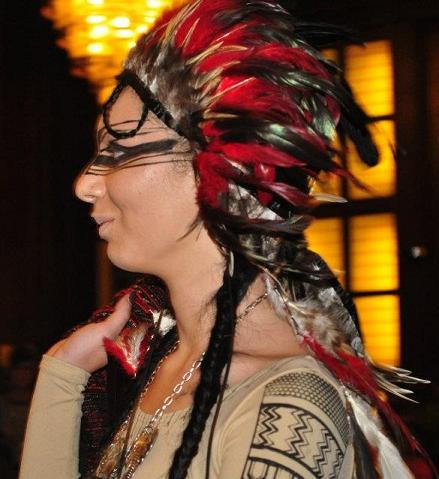
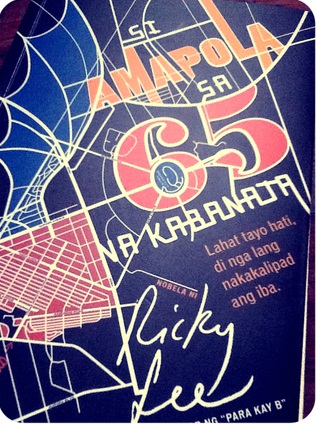
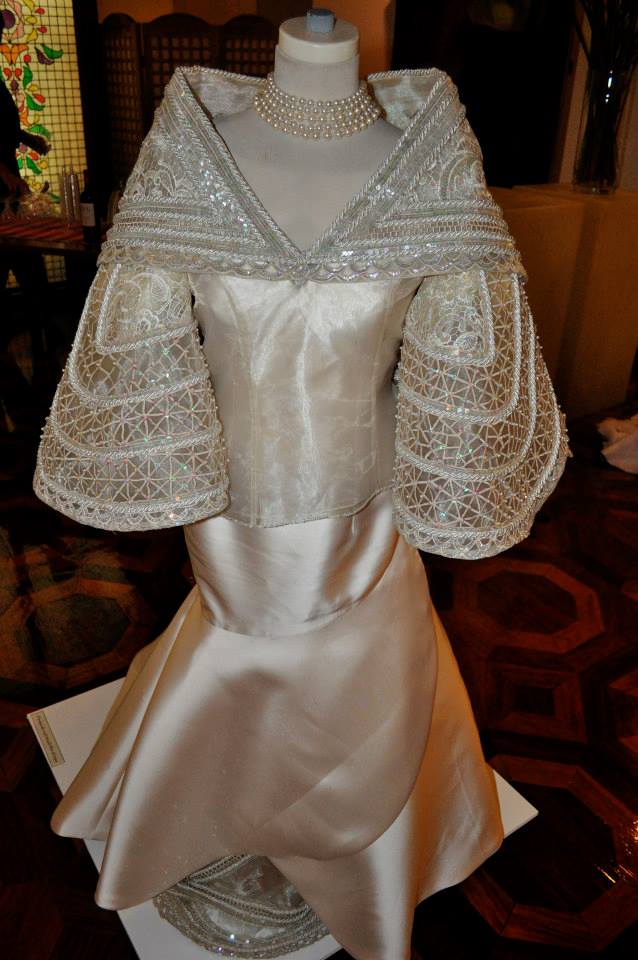
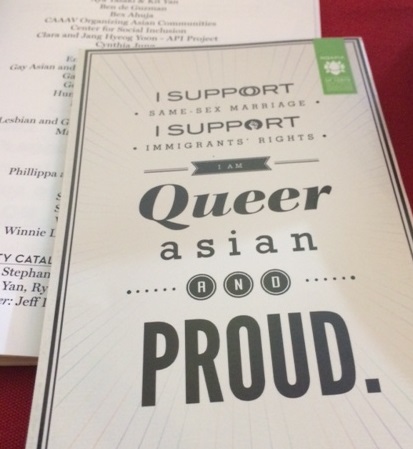



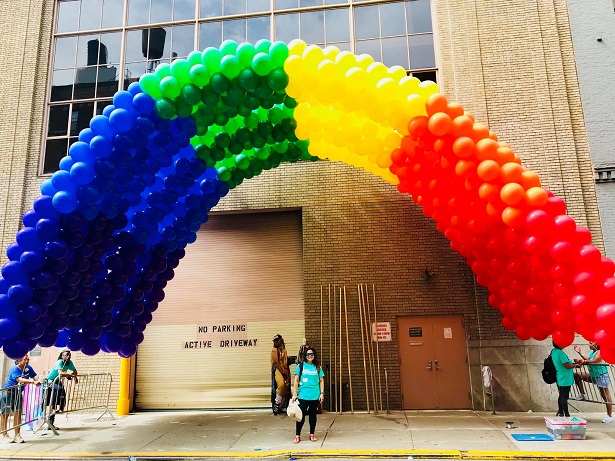
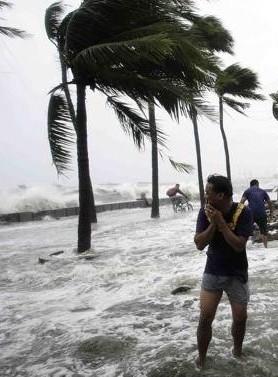
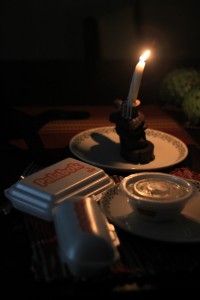

I enjoyed this article very much! Very descriptive and well written, almost like I was right next to her.
[…] Long time no see! A quick post. A typhoon seriously slammed Manila. I had heard the seawall along Roxas Boulevard had been destroyed, and […]